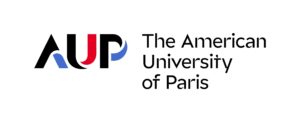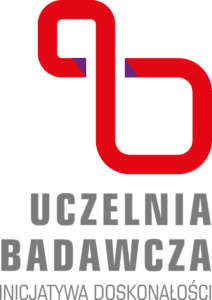In this paper, the concept of the attention economy is extended beyond information and attention and put within the framework of communication. Prof. Waddick Doyle argues that communication processes commodify attention, producing meanings as well as cultural and economic value. With the influence of digital media and the dematerialization of goods, brands are an increasingly important part of the global economy. They function to organise and change the habits of daily life and commodify attention. They have become significant generators of economic value. Brands do this not because they transmit information but because they now contribute to shaping the habits of daily life including and how human beings think about themselves. These habits and identities generate economic value In many different ways. Brands behave like nation states as shapers of identity and producers of attention and have in case of Apple and Facebook even attempt to create currency.
Brand communication and the Attention Economy
- ONLINE
- English
Speakers

Prof. Waddick Doyle
American University of Paris
Waddick Doyle was born in Australia and studied communications at Griffith University in Australia, then the newest and perhaps most innovative university in the world, and after working in an Aboriginal health program and founding a multilingual radio station, he went to study semiotics and communications at the oldest and perhaps less innovative university in the world, the Università di Bologna. He fell in love with both. He returned to Australia and did his PhD at Griffith University, and then after teaching in Australia he came to Paris for postdoctoral studies at EHESS. He has taught at universities in Italy, France and Australia. In 1996, he joined AUP, where he created both an undergraduate and graduate course in Global Communication.
Watch the recording of the seminar
A series of Polish-language meetings during which researchers and guest speakers look at issues related to digital transformation, new technologies, innovation and digital research methods.
The aim of the "Digitisation under the closer look of science" seminars is to build cooperation between academia, the public sector and business. Scientists share their research findings and have the opportunity to discuss them with experts. The results of their work are available on the DELab UW website.





